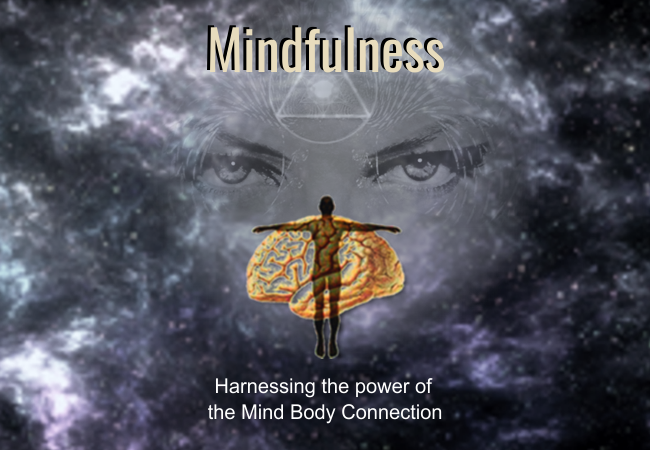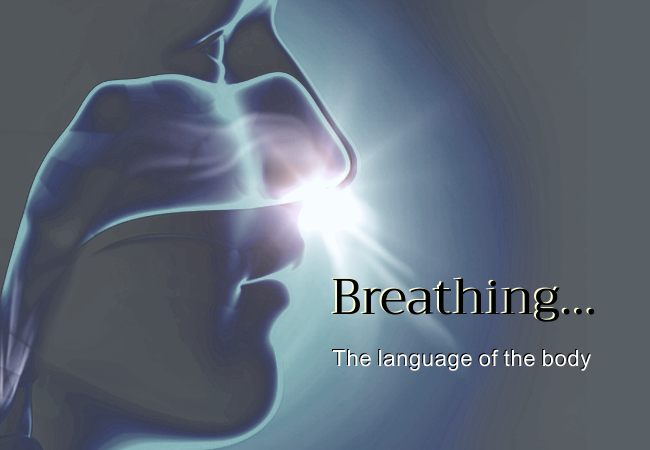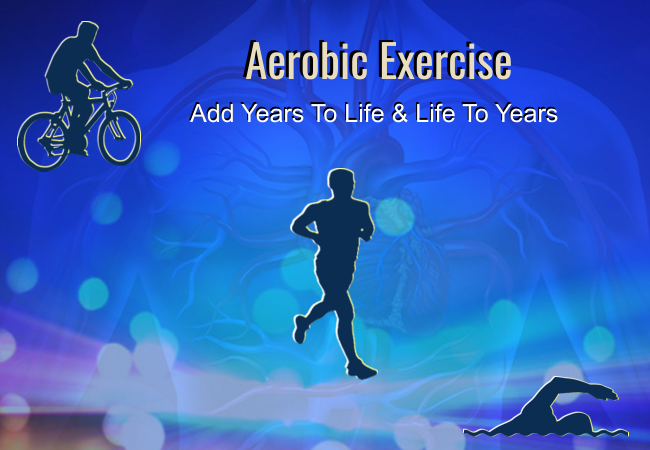"A human mind is a wandering mind, and a wandering mind is an unhappy mind."
“Mind-wandering appears ubiquitous across all activities."
“The ability to think about what is not happening is a cognitive achievement that comes at an emotional cost."
"Many philosophical and religious traditions recognise this and teach that happiness is to be found by living in the moment. Practitioners are trained to resist mind wandering and to ‘be here now,’ These traditions suggest that a wandering mind is an unhappy mind."










